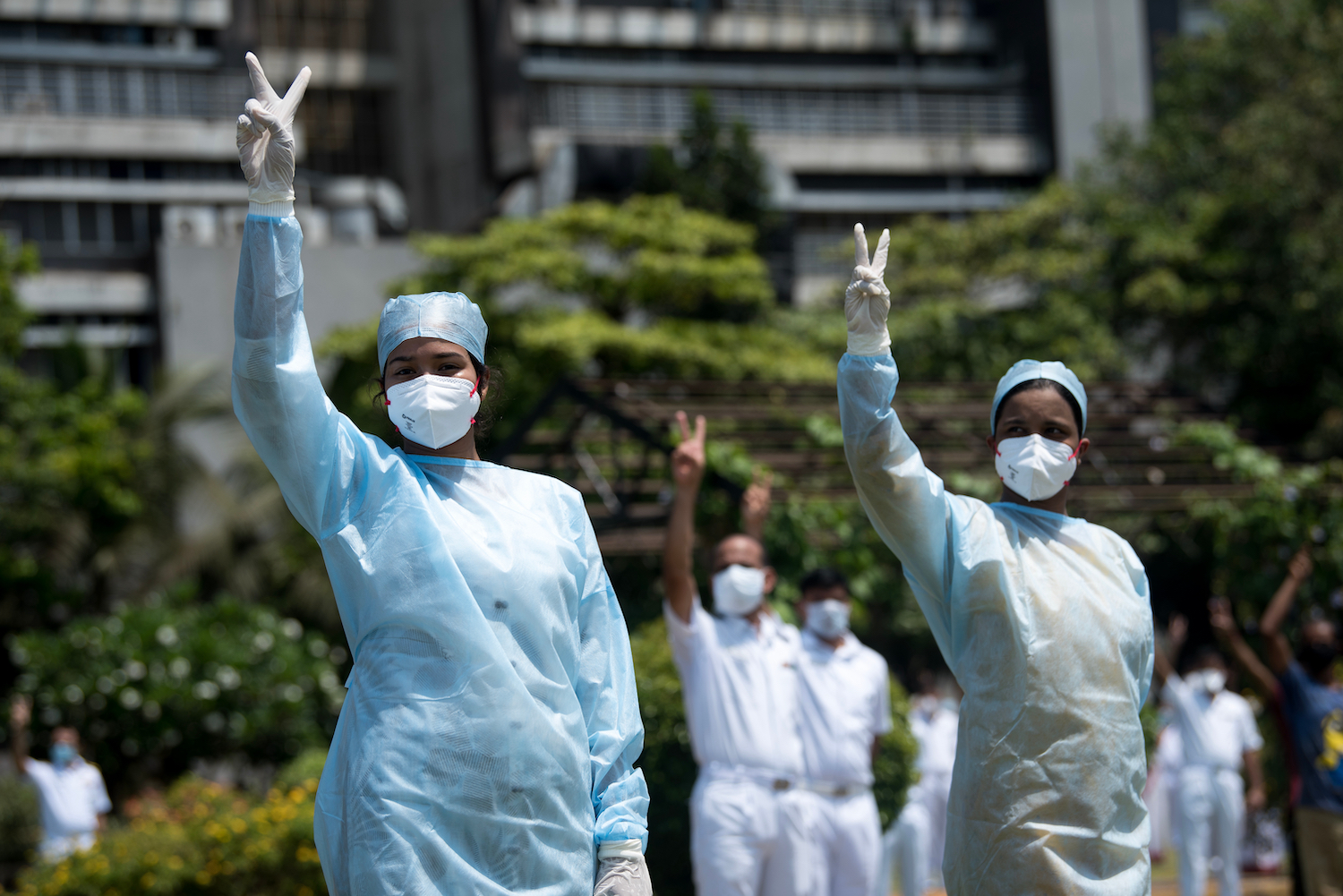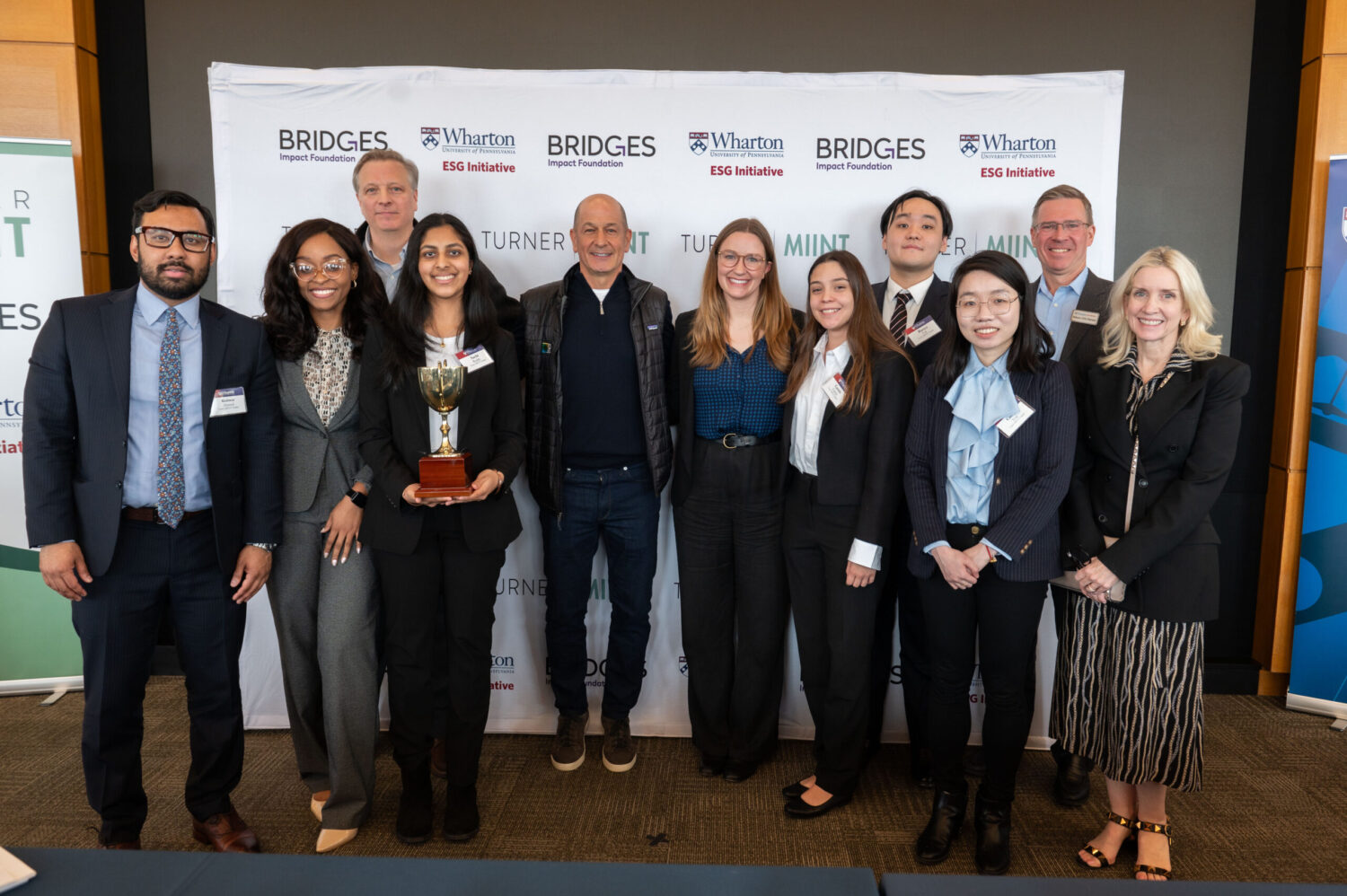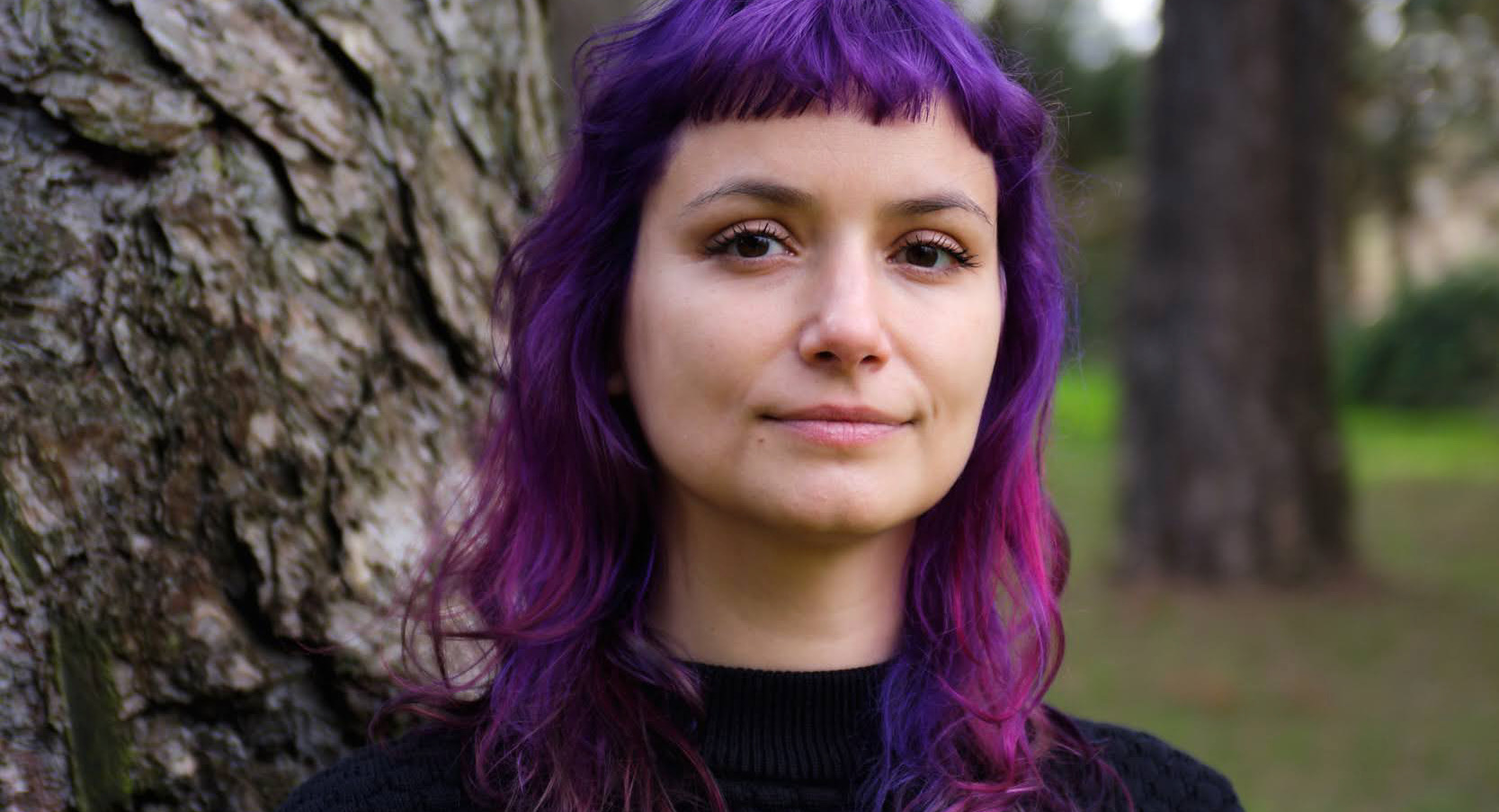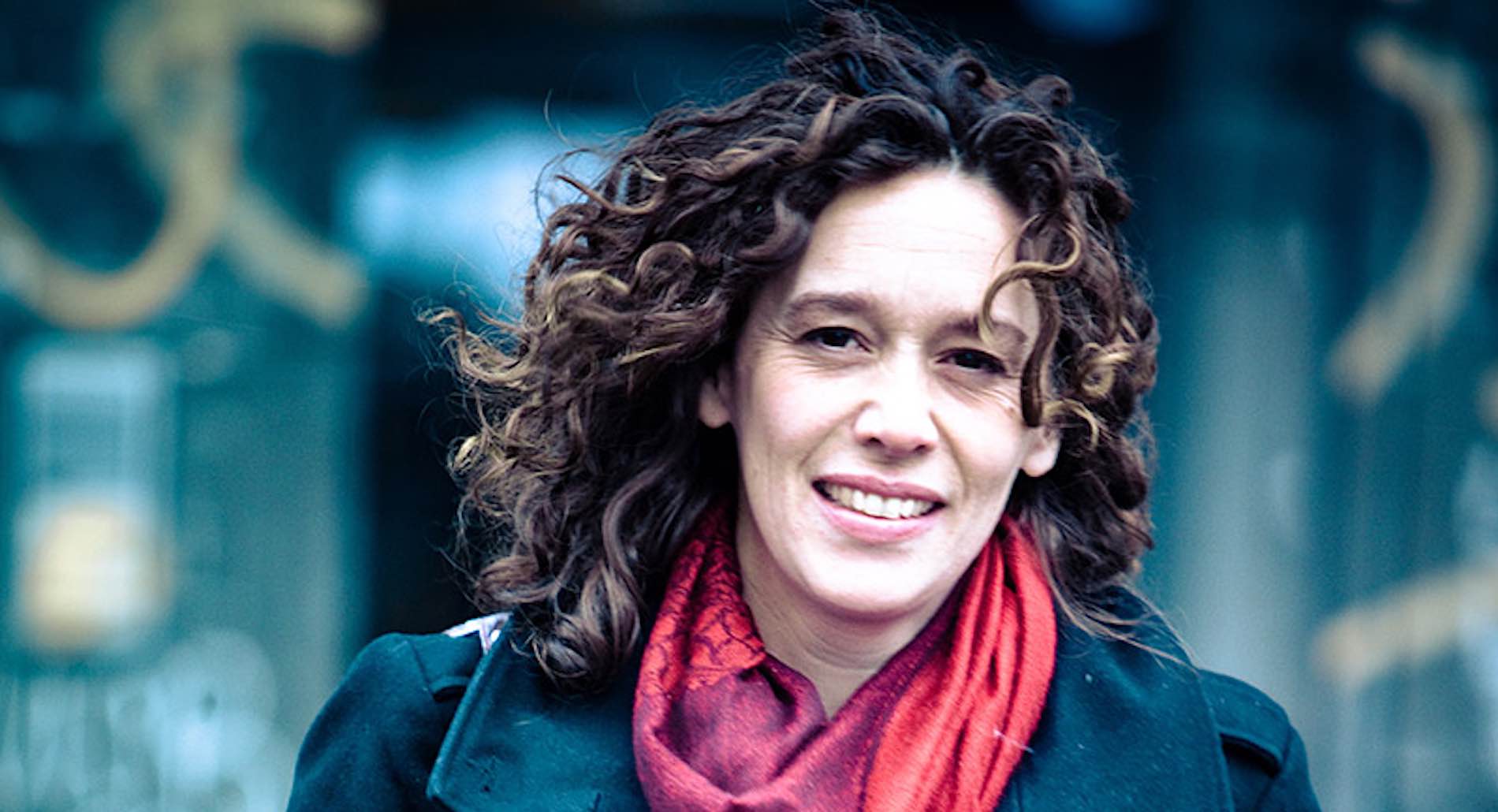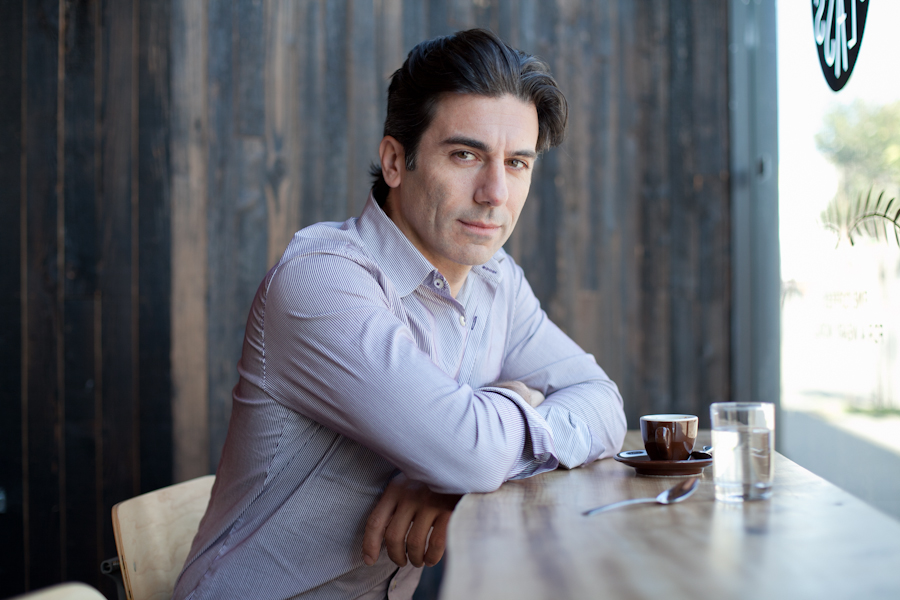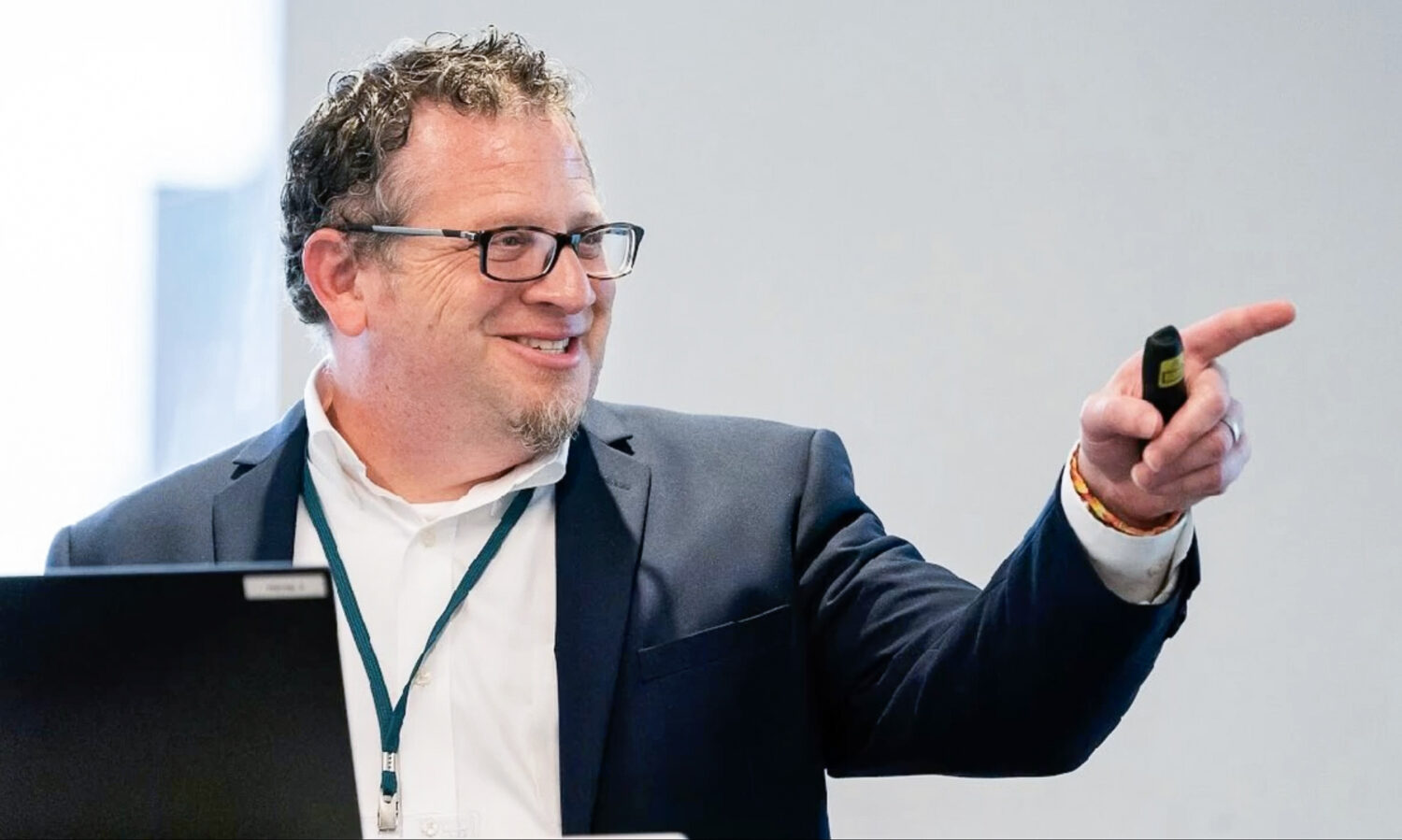ImpactAlpha, May 7 – The desperate citizen response to India’s COVID catastrophe is a poor substitute for the full-scale mobilization that might have been possible with competent leadership and effective government.
“The health care infrastructure, the government infrastructure is just not able to keep up with the deluge of requests” for oxygen, medicines and hospital beds, says Delhi-based journalist Shefali Anand.
Patients and their families have resorted to tweets and social media postings to catch the attention of volunteers, who have tried to help rally local resources. In Hyderabad, the Aikyatha Initiative is connecting eligible donors with patients who need plasma. Local police vehicles pick up donors, get their antibodies tested and deliver the plasma.
In Bengaluru, nearly 200 cyclists have volunteered as “Relief Riders” to fetch groceries, medicines and other essentials and check on people with disabilities. In hard-hit Maharashtra, Reliance Industries has turned its oil refineries toward production of oxygen. JSW Steel, one of India’s largest steel makers, has diverted production to produce liquid oxygen and is building centers around its factories where patients can get oxygen via pipelines. An Oxygen Cylinder Relief Project, organized by Hemkunt Foundation in Gurugram, is arranging for donations of oxygen concentrators, which have been made exempt from customs duties. Across India, the non-governmental organization Jan Sahas is helping tens of thousands of displaced migrant workers.
“The system hasn’t collapsed. The government has failed,” Indian author Arundhati Roy wrote last month, before quickly suggesting “failed” is not the right word for the actions of Prime Minister Narendra Modi’s government. “What we are witnessing is not criminal negligence, but an outright crime against humanity.”
A similar crime has been in progress all year in Brazil, where President Jair Bolsonaro denied both the severity of COVID and the efficacy of vaccines, and blocked local lockdowns to slow the spread. Worldwide diasporas of at least 18 million Indians and more than three million Brazilians have mobilized to support local relief efforts.
Entertainers, musicians, politicians and even journalists are deploying their networks and connections. But social media appearances can be deceiving. Less than 20 million Indians have access to Twitter, for example. “The number of requests are so large, I don’t think it’s possible for all of them to get fulfilled,” Anand said.
Citizens are stepping up, but there’s no substitute for good government. The most important mobilization may be at the ballot box.

